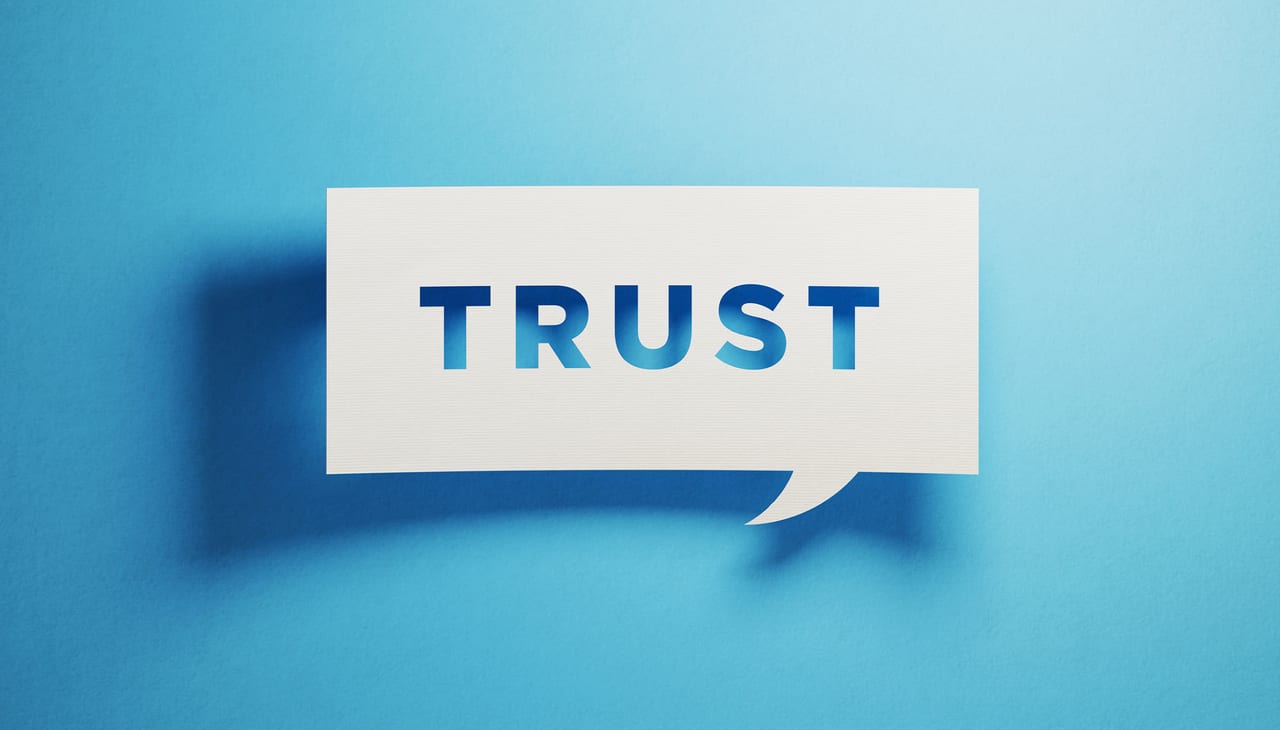
GUEST EDITORIAL
By Frank Favaro
MANAGING YOUR BUSINESS
Becoming known, liked and trusted during the pandemic
How to build up customer trust in your company.

The pandemic has disrupted the world and how business today is done. Even in the construction industry, things have been disrupted and modified. Remote work has impacted our people skills, and many of today’s employees are struggling to reconnect with customers and cultivate new business relationships. Call reluctance, fear of failure and fear of rejection are common themes of many companies that I work with as a part of my coaching business.
Charles S. Goodman once said, “Businesses don’t sell products or services — they establish relationships.” Countless surveys show that a relationship is one of the most important reasons a customer chooses to buy from a given company. It’s more important than the lowest price in most cases. And the stronger the relationship, the greater the potential for customer loyalty. So sales representatives can do more than take orders, they must focus their attention on becoming better known, liked and trusted.
In a recent survey by RAIN Group, 91% of salespeople in our industry say their biggest challenge is getting noticed by customers. It is hard to get noticed by customers in today’s chaotic world when you don’t differentiate from the competition. Customers are trying to keep their heads above water, and most are trying to survive their day. There is a huge opportunity today to separate from the pack. Customers want someone they can trust, is zero risk and cares about their success. If you can get their attention and deliver for them at all costs, there will always be a spot on their team for you.
We prefer to do business with people and companies with whom we have the best relationship. To have the best relationship, you better be well-known, liked and trusted.
Becoming known
We have all heard the saying, “It’s not what you know, but who you know.”
What is even more important is not who you know, but who knows you. It does not matter how great you or your company are if you are not known. What are you doing to get attention? Just because someone accepts your social media request does not make you known. Just because you know someone’s face does mean you have a relationship. To be known, you must put yourself out there.
To be different, you must do things that others are not doing. It is all about attitude. You must face your fears and move forward. To be the 9%, you must overcome insecurities and fears and take action. We are fortunate to have the tools that we have today. We can reach out through multiple social media platforms, utilize video messaging, write articles for our industry, perform video blogs, create podcasts, join various associations and use our sphere of influence. Each human, on average, has a sphere of influence of around 250 people. Think of a wedding reception list — the average is about 250 people. Utilize your sphere and see what connections you want to make, and if your sphere can support you. Remember, we must put ourselves out there. You must decide what is going to help you get where you want to go.
Trust is the new currency in the construction industry. Trust must be earned with every interaction, every employee, every day and every time. It does not matter if it is face-to-face, ear-to-ear or click-to-click.
Becoming liked
Once you are known, you must make sure you put out positive energy and make fantastic impressions. Eye contact, a natural enthusiastic greeting and an ear-to-ear smile must be our business card on every interaction. About 90% of all conflict comes from poor tone and body language. Dale Carnegie said you would gain more friends and business contacts in two months by becoming interested in others than in two years by trying to get others interested in you. We are naturally curious people. Don’t believe me? Watch a baby and see how curious they are. We need to get our curiosity back and make it about others.
Imagine every person you contact has a sign above their head that says, “Make me feel important.” Practice making people feel important at all times. Through the checkout line at the grocery store, with the Amazon driver and every other interaction. People love to talk about themselves, and by being curious about others and their life, people will gravitate towards you. In our coaching sessions, we share relationship-building strategies that help employees build authentic relationships.
Becoming trusted
Trust is the new currency in the construction industry. Trust must be earned with every interaction, every employee, every day and every time. It does not matter if it is face-to-face, ear-to-ear or click-to-click.
Let’s say the plumbers, HVAC technicians or even a car mechanic have diagnosed the issue and are trying to explain to your client what it will take to get it fixed. Your customer is then nodding along as you talk, but there’s a troubled look on their face as if they were performing some necessary calculation in their heads.
Part of it may be a struggle to understand, and part may be financial anxiety, but over and above that, they are trying to answer the question, “Do I trust this person and the things they are telling me?”
Transparency with your customers is essential in this crazy time. Transparent companies are experiencing better business relationships resulting in long-term brand loyalty and higher profits. We must build relationships and get to know our customers. Let them see us through all lenses so they know who we are, and when problems arise, we have their back. We show them that we will fight for them and do whatever it takes to ensure their success. Challenges are opportunities to build trust because we are all human and make mistakes. But, it’s when the fire is burning the hottest that determines our worth to our customers.

MicroStockHub/iStock / Getty Images Plus via Getty Images
Frank Favaro is president of ServeCentric Coaching in Cleveland, Ohio. He is a licensed customer experience coach and helps companies create their advantage with a premier customer experience. ServeCentric helps companies understand how to earn more trust, build better and stronger relationships and increase communication skills across all departments.
